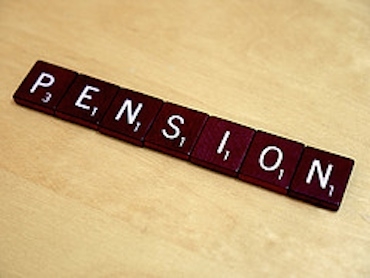Pension experts have criticised the Conservatives' pledge to raise the tax-free pension allowance via a ‘Triple Lock Plus’ if they win the general election.
The plan involves upgrading the state pension triple-lock to effectively a quadruple-lock.
Under the proposal, the personal allowance for those over state pension age would also increase by the highest of average earnings growth, inflation or 2.5%.
Prime Minister Rishi Sunak said the scheme "shows we are on the side of pensioners," who the Tories say will save £275 by 2030, but Labour said the government's plan was not "credible."
Pensions experts have universally criticised the plans.
Tom Selby, director of public policy at AJ Bell, said: “This is a fairly naked grab for pensioner votes that the Conservatives know will be crucial if it is to claw back Labour’s massive poll lead.”
He criticised Mr Sunak for not promising to increase the personal allowance for younger voters at the same time. Mr Selby said: “That means he would effectively be driving a wedge between generations via the tax system. Creating a separate tax threshold for older people would also add unwelcome complexity to the income tax framework.”
Mike Ambery, retirement savings director at Standard Life, part of Phoenix Group said: “There is some precedent for different allowances for pensioners as they are currently exempt from NI payments on earnings, but this would be an additional advantage. The question likely to hang over this approach is one of intergenerational fairness as while there are a large group of pensioners struggling to get by, there are also many who are comparatively well off and it appears the policy would apply to both groups.”
Kirsty Anderson, retirement specialist at Quilter: “While the Conservatives are dressing up their action as “triple lock plus”, if Labour plans to maintain the triple lock the party too will need to raise the personal allowance.
She said the triple lock “continues to be a political hot potato. The reality is if the policy is changed for the worse by either party it would so enrage a core voter base that it could prove disastrous for their election hopes but there are some significant structural problems with the policy.”
Nigel Peaple, director of policy and advocacy at the Pensions and Lifetime Savings Association, said: “Today’s announcement is likely to be welcomed by pensioners. However, it is also important that the main political parties commit to improving the workplace pensions of younger workers by increasing the value of automatic enrolment pension contributions, gradually, over the next decade, from 8% to 12% of salary, with most of the rises falling on the employer.”

